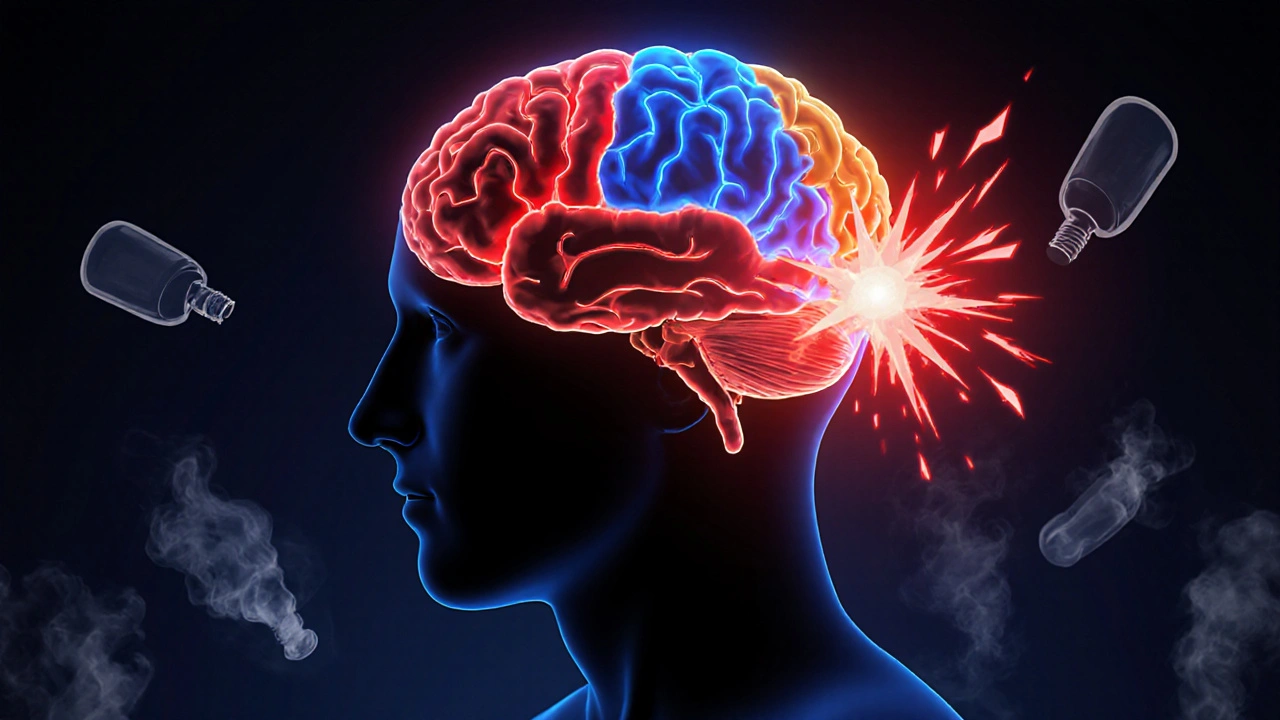Relapse Risk: What It Means and How to Reduce It
When you're managing a chronic condition—whether it's addiction, depression, diabetes, or heart disease—relapse risk, the chance that symptoms return after improvement. Also known as recurrence, it's not a failure. It's a normal part of the process for many people. Many think relapse means you’ve lost control, but the truth is simpler: your body and brain are still adjusting. Studies show that over half of people in addiction recovery face a relapse within the first year, and similar patterns show up in mental health and autoimmune conditions. What matters isn’t whether it happens—it’s what you do next.
Treatment adherence, how consistently you follow your care plan. Also known as compliance, it’s the biggest factor in lowering relapse risk. Skipping meds, missing therapy sessions, or ignoring lifestyle changes doesn’t mean you’re weak—it means your system is overwhelmed. People who stick to their routines, even on hard days, cut their relapse risk by up to 70%. And it’s not just about pills. Sleep, stress, social support, and daily structure all play a role. If you’ve ever felt like you’re fighting yourself, that’s not your fault. It’s your nervous system trying to find balance.
Triggers, the people, places, or emotions that spark a return to old patterns. Also known as cues, they’re different for everyone. For some, it’s a stressful workday. For others, it’s a holiday gathering, a certain song, or even a specific time of year. The key isn’t to avoid everything that feels risky—it’s to recognize your triggers early and have a plan. That might mean calling a friend before you reach for a drink, changing your route to avoid a bar, or writing down how you feel when anxiety hits. You don’t need to be perfect. You just need to be aware.
What you’ll find in the posts below isn’t theory. It’s real-world insight from people who’ve been there. You’ll see how relapse risk shows up in addiction recovery, mental health, and even long-term disease management. Some posts break down how medications like raltegravir or tamoxifen affect long-term outcomes. Others show how lifestyle choices—from exercise to diet—change your odds. You’ll learn how support groups help, why monitoring matters, and what to do when things feel like they’re slipping. No fluff. No guilt. Just clear, practical info that helps you stay on track.
Medications for Alcohol Use Disorder and the Hidden Risk of Relapse
Medications like naltrexone, acamprosate, and disulfiram can help reduce relapse in alcohol use disorder-but only if taken correctly. Mixing them with alcohol can undo progress and increase danger.
Read more
